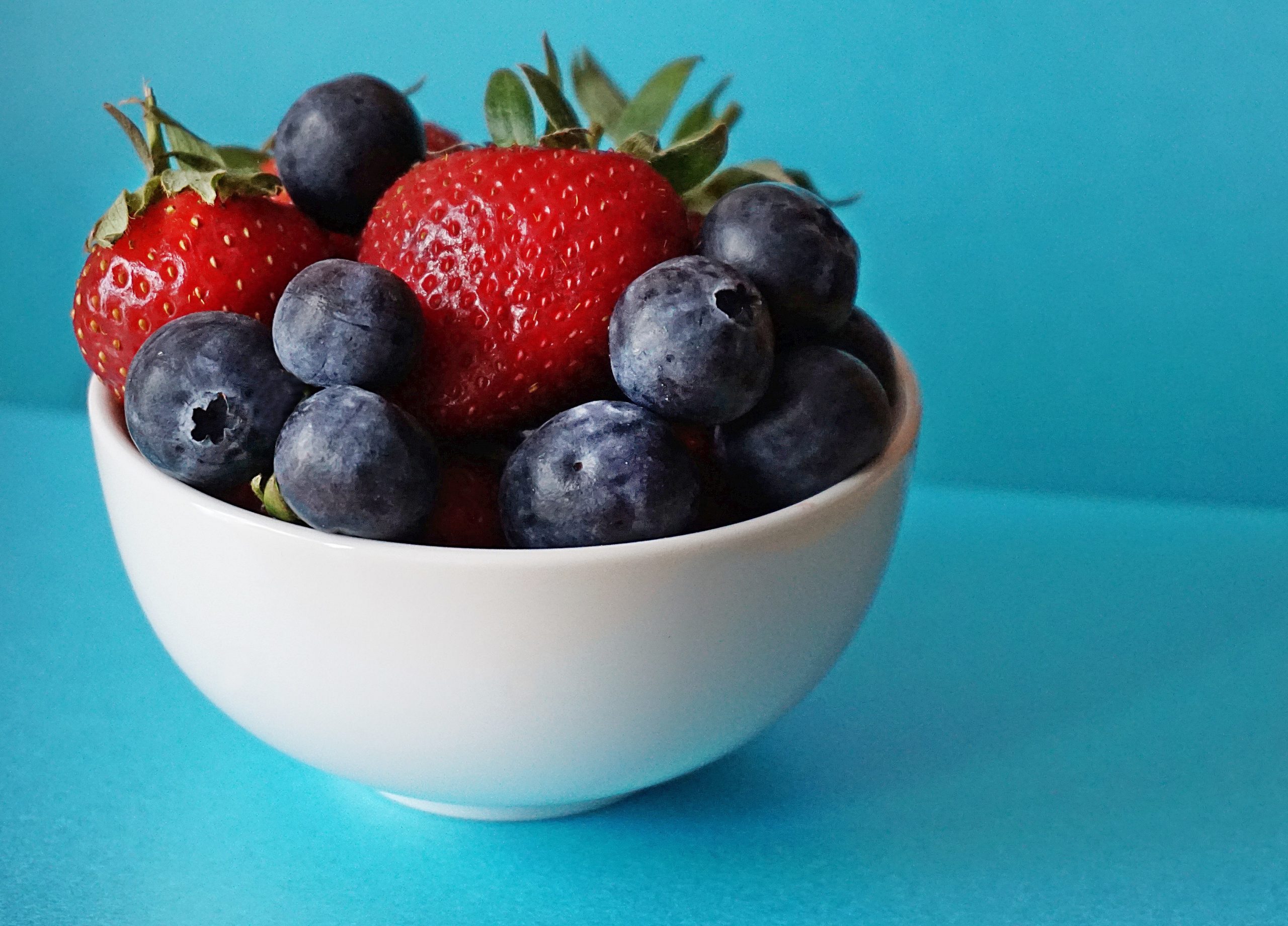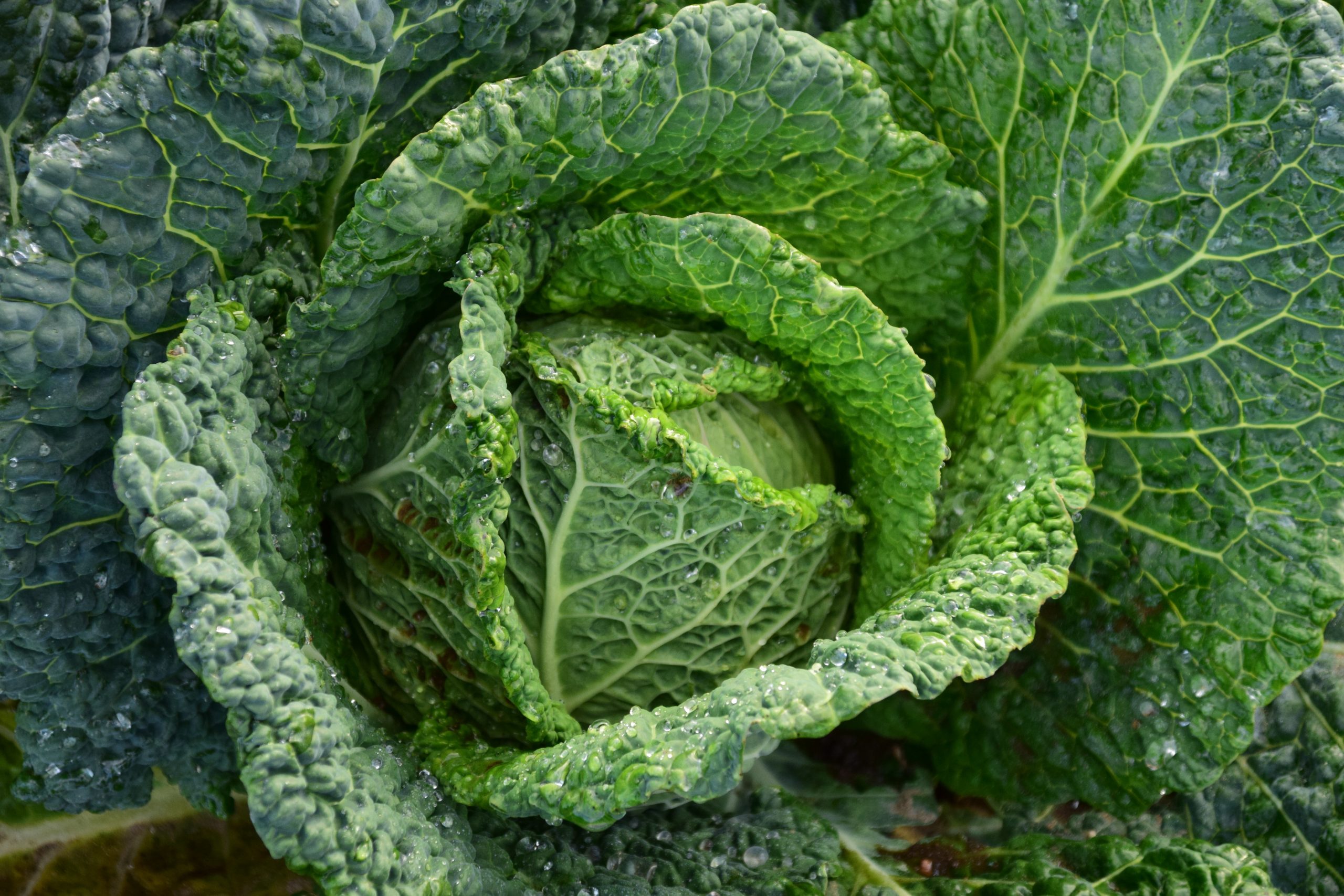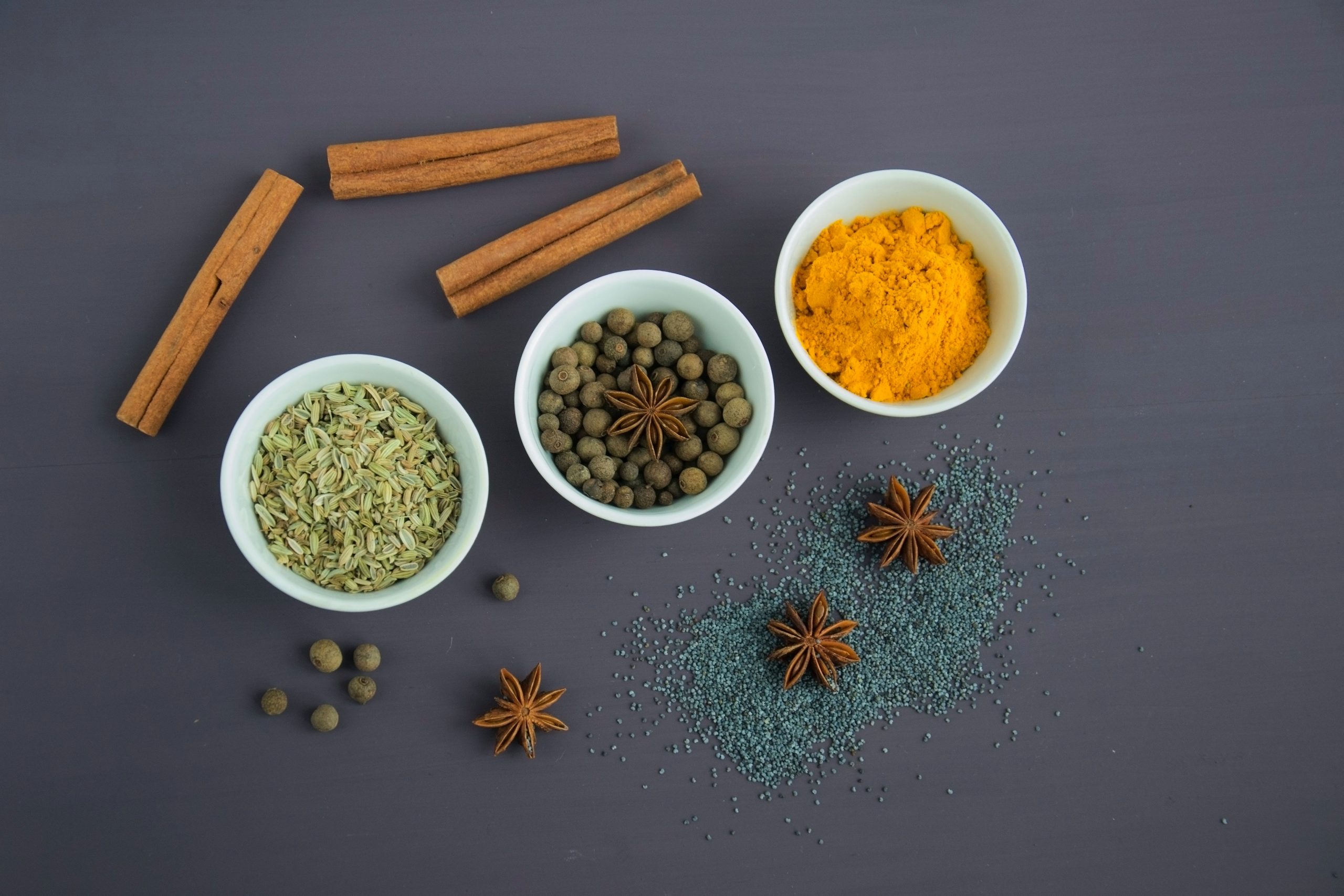
Nutrition and mood are linked, many studies show. The doctors of the most developed world clinics say the same thing. So if you suddenly find yourself on an emotional day, one way to help yourself is to reevaluate your diet. How – The Fashion Vibes learned from the specialist doctors of the best clinics and wellness centers.
Food and depression: where is the link?
In 2015, the World Health Organization (WHO) listed the causes that led to their increase, while developing a plan for the treatment of mental illness. And one of the main factors was lifestyle. Unhealthy diet, sedentary lifestyle and smoking contribute to an increased risk of depression. An Australian study (sample size 1,046 people) found that those who consumed unhealthy diets (consumption of foods rich in salty, sugary, processed and refined foods, sodas) were more likely to have depressive symptoms than those who ate a healthy diet. high in fruits, vegetables, and low-fat dairy products).

This is due to several factors. First of all, we get all the vitamins, minerals and other essential nutrients that our body produces, and the hormones (tryptophan, dopamine, serotonin) that give joy, happiness and calmness from food. And if such products are not enough, less hormones are produced and the mood worsens.
The latter affects the number of increased inflammatory processes in the body, which is observed with depression and an unhealthy lifestyle. Increasing inflammation in general was first discussed during the pandemic, but preventive clinicians have long said that it is one of the important indicators of human health, both physically and mentally. According to Sijit Sridhar, Chief Physician of Prakriti Shakti Natural Medicine Clinic (CGH Earth, India), the main factors of diet and nutrition-related depression are increased nervous system inflammation, oxidative stress, decreased brain-derived neurotrophic factors. (BDNF), polyunsaturated fatty acids, omega-3 and serotonin. Patients with symptoms of major depression have increased levels of proinflammatory markers in the cerebrospinal fluid.
The gut is the second brain

Third, the connection between food and the processes that occur in the intestines and brain is very important. “Changes in the gut microbiota are also thought to be an important factor leading to depression. Sijit Sridhar says that animal studies as well as human studies show that the gut microbiota can significantly affect the central nervous system, including depression. samples show a reduction in the number and diversity of gut microbiota. “Serotonin levels, one of the neurotransmitters associated with mood and happiness, are closely related to the bioavailability of tryptophan from the foods we consume.”
“An essential and valuable aid lies within us in restoring balance and strengthening our emotional and physical defenses: it is our intestinal system,” says Massimiliano Mayrhofer, Head Doctor of Palace Merano Wellness Hotel (Italy). – Our guts are home to billions of gut bacteria (gut microbiota) that take care of our biochemistry, mental and physical health! In fact, they produce 90% of the neurotransmitters that activate our brain, thoughts and moods – the same serotonin and dopamine.
Dr. As Mayrhofer points out, our microbiota is largely dependent on our diet, nutrition and daily lifestyle. This means that we ourselves influence the composition and balance of our gut “population” with a healthy diet to better nourish our microbiota. To do this, he recommends daily consumption of seasonal vegetables, fruits and whole grains – this will provide the necessary amount of fiber and trace elements. It is also important to eat calmly, without tension, and to chew food very carefully. And the third tip: drink enough liquid – 1.5-2 liters of non-carbonated water per day in small sips outside of meals.
glucose

Another important point that all doctors and nutritionists pay attention to is the rate of glucose distribution in the body. Fast food and desserts provide fast carbohydrates that raise your glucose levels, but drop just as quickly, increasing your anxiety levels and lowering your mood — to a new dose of fast carbohydrates. Therefore, it is very important to achieve a gradual, long-lasting increase in blood sugar levels. Senior Physician at Kalari Kovilakom and Kalari Rasayana Ayurvedic Clinics (CGH, India). Jayan’s advice is as follows: “A plant-based, nutritious diet ensures proper distribution of glucose in the body. That’s why it’s important to include saturated fats, high-quality protein, and plenty of green vegetables in your diet. Many people tend to skip breakfast, but eating protein for breakfast can help you feel full for longer and keep your blood sugar levels stable so you have more energy to start the day.
What exactly?
So, let’s get down to the details. Catch lists of foods to eat to reduce depression and improve your condition.
Foods rich in omega-3
As Sijit Sridhar points out, research has shown that patients with acute depression have lower than normal omega-3 levels. This is because omega-3 fatty acids play an important role in the action and delivery of serotonin.
For this reason, all foods containing plenty of omega-3 polyunsaturated fatty acids are very beneficial. These are fatty fish – salmon, mackerel, sardines, trout and herring. Vegetarian options include seaweed, spirulina, nori and chlorella, walnuts, almonds, edamame beans and flax, chia and hemp seeds.
Anti-inflammatory and immune-boosting foods
The doctors of the Ayurvedic resort Ananda in the Himalayas (India) recommend choosing bright, colorful vegetables and fruits: they are rich in antioxidants (beta-carotene, flavonoids, vitamin C) and are very beneficial for the immune system. Spices containing curcumin, which actively fight inflammation in the body, such as cardamom, coriander and turmeric. Walnuts, cashews and almonds are also good for depression.
Sijit Sridhar strongly recommends fruits as they contain anthocyanin, a powerful antioxidant with anti-inflammatory effects. For example, strawberries, blueberries, blackberries, raspberries, cranberries and mulberries.
Cruciferous vegetables also have an anti-inflammatory effect due to the element sulforaphane. These are broccoli, white cabbage and cauliflower.
In addition, green tea, pepper, ginger, tomatoes and olives also have anti-inflammatory effects.
Foods Fortified with Tryptophan
Tryptophan is a substance that has a positive effect on mood and sleep, so you should regularly eat foods with a high content. These are kiwi, banana, pineapple, avocado, peach, grape, cherry, apple, pear, watermelon, strawberry.
Stopping List: 7 Foods to Avoid for Depression

Indrajit Saha, chef of Zulal Wellness Resort by Chiva-Som (Qatar), shared a list of foods to avoid during depression. For some, it’s always better to avoid, to be honest, but even if you do this at least for a while, you may already feel better.
- Alcohol works as a depressant and depresses the central nervous system, which reduces its ability to control emotions;
- Caffeine can affect people in different ways. If your body does not tolerate it well, you may experience irritability, irritability and heart palpitations;
- Depression is often accompanied by constant fatigue and exhaustion, so energy drinks are only a temporary solution. Therefore, it is better to refuse them;
- Juice can lift your spirits quickly, but the price is very high: blood sugar drops quickly and you feel hungry and more irritated than before;
- Processed foods are delicious but high in additives, sugar, salt and calories. Regular use leads to chronic inflammation in the body, which also affects the psychological state;
- Ready-made salad dressings, dressings, and ketchup are full of sugar in various forms whose blood levels drop rapidly and are alarming;
- People who are addicted to foods containing trans fats are highly prone to depressive states. Trans fats are found in high levels in packaged baked goods, processed foods, margarine, and cooking oils.
Source: People Talk
I’m Roger Gritton, and I’ve been writing for the The Fashion Vibes for over 5 years now. My specialty is beauty news; I’m passionate about covering the latest trends, products, and innovations in the industry. In my time there, I’ve become known as an authority on all things beauty-related.
I love discovering new experts to interview, researching up-and-coming ingredients and techniques that are making their way onto our beauty shelves and highlighting people who are making a difference in the world of cosmetics. My work has appeared not only on The Fashion Vibes, but also several other publications including the New York Times Magazine, Allure Magazine and Refinery29.




